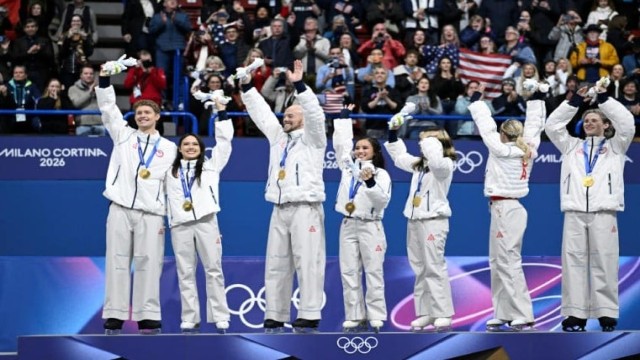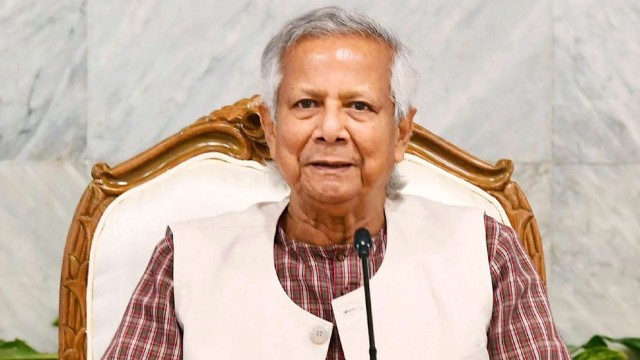The Paris 2024 Paralympics are on track to achieve record-breaking ticket sales, reflecting the event's continued global growth since the significant boost it received during the London 2012 Games. Organizers announced that over 2.1 million tickets have already been sold, with an additional 500,000 still available and 300,000 in reserve. This brings them close to the all-time record of 2.7 million tickets sold for the London 2012 Paralympics. According to Craig Spence, spokesperson for the International Paralympic Committee (IPC), the Tokyo 2020 Games would likely have surpassed that record if not for the disruptions caused by the COVID-19 pandemic.
Paris 2024 spokesperson Anne Descamps revealed that just yesterday, 60,000 tickets were sold, underscoring the high demand. Certain venues, such as the Eiffel Tower, Grand Palais, and Velodrome, are nearly sold out, and the capacity at Chateau de Versailles, which will host the para equestrian competitions, had to be increased to meet demand, according to Paris 2024 General Director Etienne Thobois.
While ticket sales are a critical measure of success, Spence emphasized that other factors, such as media coverage and global engagement, are equally important. For the first time, the IPC has capped media attendance at 1,000, and there is a record number of rights holders broadcasting the Games, which will reach an unprecedented global audience.
The presence of high-profile personalities like former Liverpool manager Jürgen Klopp and movie star Jackie Chan in Paris has also contributed to the growing attention on the Paralympics. However, Spence highlighted the need for continuous engagement between the Games, particularly through world championships in Paralympic sports, to maintain the momentum.
Since the London 2012 Games, media interest in the Paralympics has surged dramatically. Spence noted that daily media inquiries have jumped from around 100 during London to over 600 during the Paris 2024 preparations. Another significant milestone is the proportion of tickets sold outside France, which has reached 8%—higher than the typical range of three to five percent, reflecting the growing international appeal of the Paralympics.































Comment: